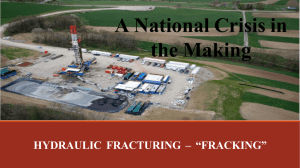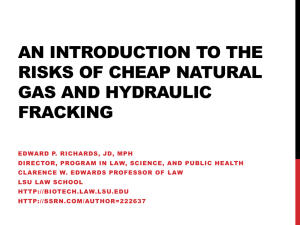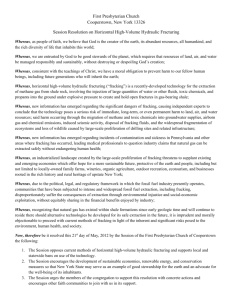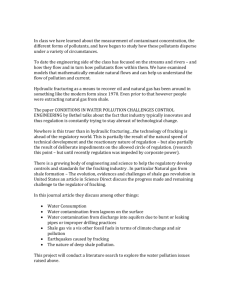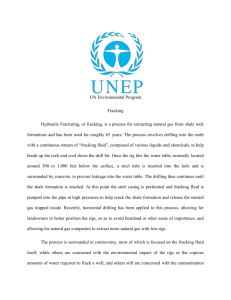July 23 Press Release
advertisement
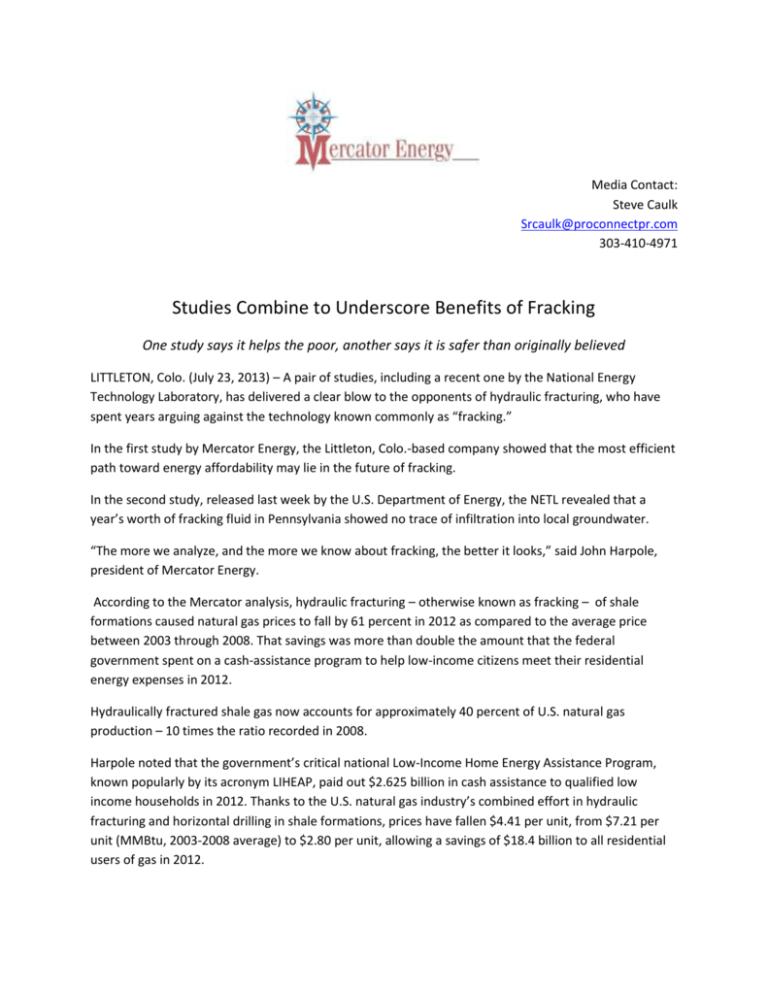
Media Contact: Steve Caulk Srcaulk@proconnectpr.com 303-410-4971 Studies Combine to Underscore Benefits of Fracking One study says it helps the poor, another says it is safer than originally believed LITTLETON, Colo. (July 23, 2013) – A pair of studies, including a recent one by the National Energy Technology Laboratory, has delivered a clear blow to the opponents of hydraulic fracturing, who have spent years arguing against the technology known commonly as “fracking.” In the first study by Mercator Energy, the Littleton, Colo.-based company showed that the most efficient path toward energy affordability may lie in the future of fracking. In the second study, released last week by the U.S. Department of Energy, the NETL revealed that a year’s worth of fracking fluid in Pennsylvania showed no trace of infiltration into local groundwater. “The more we analyze, and the more we know about fracking, the better it looks,” said John Harpole, president of Mercator Energy. According to the Mercator analysis, hydraulic fracturing – otherwise known as fracking – of shale formations caused natural gas prices to fall by 61 percent in 2012 as compared to the average price between 2003 through 2008. That savings was more than double the amount that the federal government spent on a cash-assistance program to help low-income citizens meet their residential energy expenses in 2012. Hydraulically fractured shale gas now accounts for approximately 40 percent of U.S. natural gas production – 10 times the ratio recorded in 2008. Harpole noted that the government’s critical national Low-Income Home Energy Assistance Program, known popularly by its acronym LIHEAP, paid out $2.625 billion in cash assistance to qualified low income households in 2012. Thanks to the U.S. natural gas industry’s combined effort in hydraulic fracturing and horizontal drilling in shale formations, prices have fallen $4.41 per unit, from $7.21 per unit (MMBtu, 2003-2008 average) to $2.80 per unit, allowing a savings of $18.4 billion to all residential users of gas in 2012. Harpole points out that unfortunately not all low-income households apply for cash assistance for heating costs. Fortunately, no application is necessary for the type of savings that result from the additional supplies of clean burning natural gas. Harpole emphasizes that he is not advocating for the elimination of the LIHEAP program; rather, he believes the Mercator analysis demonstrates the way in which abundant shale gas augments the country’s natural gas supply and provides a significant benefit to low-income households. “If you are worried about LIHEAP funding during these difficult economic times and how people in poverty are going to meet their energy expenses, consider the benefits of hydraulic fracturing,” Harpole said. “Plentiful natural gas supplies can augment cash assistance from LIHEAP.” Hydraulic fracturing is a technology that uses pressure from fluids to create cracks in oil and gas bearing formations. Following the analysis of the financial benefits of fracking, Harpole called upon all levels of governments (federal, state and local) to consider the possible impact of additional regulations that might delay the development of this critical resource. At the same time, he acknowledged the need to extract the natural gas in an environmentally sound manner. About Mercator Energy, L.L.C. Littleton, Colo.-based Mercator Energy was founded by John Harpole as a natural gas services, brokerage and research company in 1993. Mercator assists both producers and end-users in 12 Western and Midwestern states in selling and sourcing natural gas supplies. Mercator also conducts specific research projects for client groups exploring the impact of industry trends on various regional markets. Harpole is the Senior Midstream Advisor for Hart Energy and a board member of the Western Energy Alliance (formerly IPAMS), the Colorado Oil and Gas Association, the Leadership Program of the Rockies, University of Colorado’s Global Energy Management Program and Energy Outreach Colorado. He has traveled to China twice in the last three years to instruct employees of PetroChina on the regulatory and marketing history of natural gas in the United States. Information, call 303-825-1100 or email Harp@MercatorEnergy.com.
